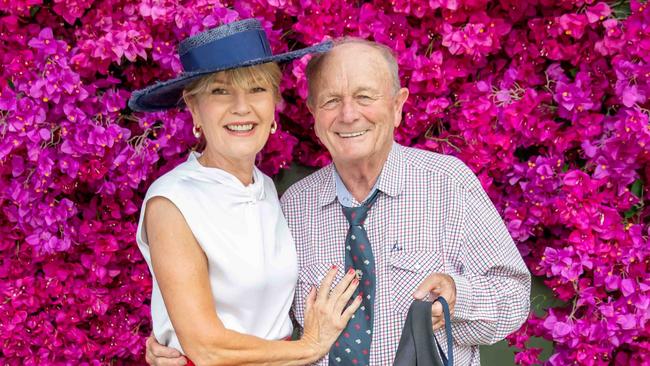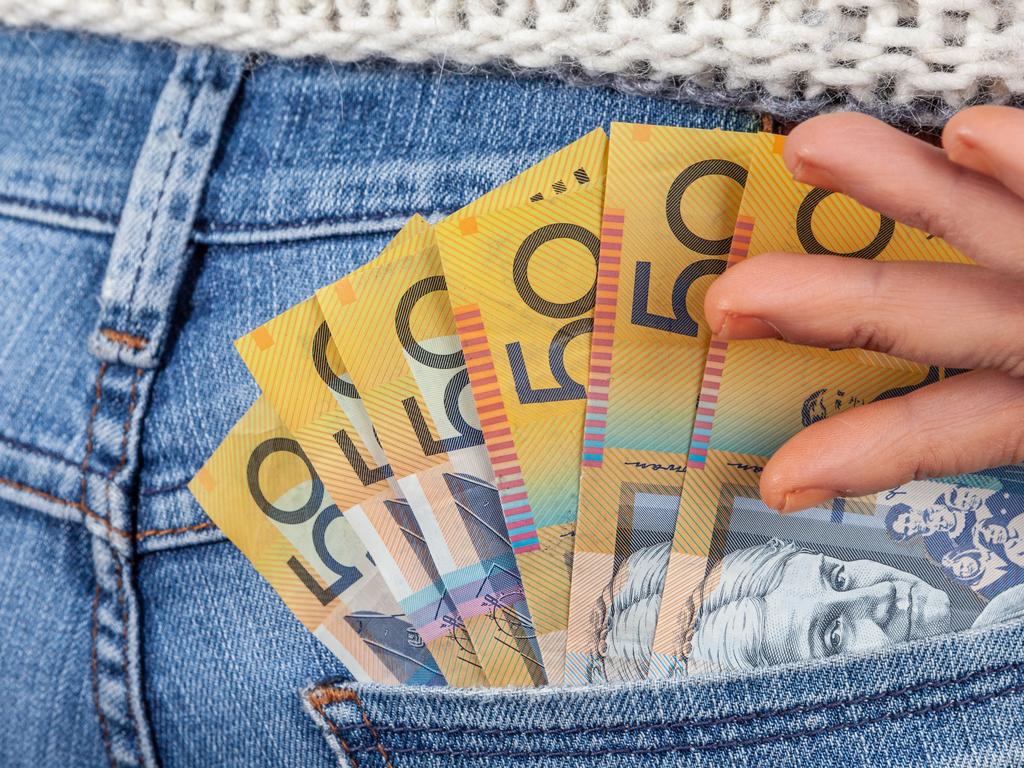
Today, I want to describe the dilemma of a boutique investment manager who sold his equities near the peak, but is now watching the prices return to levels close to where he sold. Does he buy back?
And then there are the moments of truth that faced home goods retail chief executives - Nick Scali’s Anthony Scali, Adairs’ Mark Ronan and Harvey Norman’s duo Katie Page and Gerry Harvey - around the end of March. The last week of March was one of the worst in the pandemic and the outlook was uncertain at best and bleak at worst.
Mark Ronan and Anthony Scali both made the same decision: shut all or most of their stores and rely on online trading. Katie Page and Gerry Harvey cancelled their dividend and reduced executive pay, but did not close their stores.
What none of the CEOs knew was that in just over two weeks, Australians still earning income would start an unprecedented boom in the demand for household and home improvement goods.
As Harvey Norman saw sales starting to rise at a time when important rivals were shut, they pressed the accelerator and embarked on a major advertising campaign which yielded great results. Bunnings and JB Hi-Fi/Good Guys were also big winners and the good times are still going.
Scali and Adairs have now reopened most of their stores and will fully participate in what is left of the boom, but in that “moment of truth” last March, they made the wrong call.
Back in January, Damien Klassen of Nucleus Wealth believed the market was far too high and he sold most of the funds’ equities.
He then watched the market fall sharply and was seen as a hero among fund managers. But now Klassen faces another “moment of truth” because the market has recovered to levels not that far away from where he sold.
Is the crisis over and should he buy back? There are a lot of other investors with the same dilemma, including many who sold out near the market low points.
Klassen is still a bear and he lists four reasons why investors are now rushing to buy shares.
He challenges each one and thinks they are making a mistake:
- The virus statistics are getting better. This is a common motivation driving many share market bulls. While the virus is important, severe economic impacts are even more important and there is the possibility of “a second wave” of infection (as is happening in South Korea) which the market is not pricing in.
- Fear of missing out. With the market rising those who are out in the cold feel they need to participate. Klassen says he thought stock prices were high in January given the world growth outlook and economic vulnerabilities and he doesn’t think the situation has changed.
He believes that fear of being left behind is probably the worst reason to buy shares because you are being motivated “because everyone else” seems to be buying so therefore “I should buy”. Investors should avoid making decisions on the basis of either fear or greed.
- Bullish Australia. Under this scenario Australia has performed better than many countries in controlling COVID-19 aided by a superior policy response. In addition our major trading partner, China, is two to three months ahead of the rest of the world in recovery so Australian economic growth is likely to start rising.
Klassen says that through commodities Australia has leverage to world growth, but all the warnings from international bodies are that world growth will be low. This is bad for Australia. At the same time, Australia went into the crisis with the second-highest consumer debt in the world and China is now operating at between 10 to 20 per cent below pre-crisis levels. In other words, while things are going to be less terrible than they might have otherwise been, he doesn’t believe that Australia will have good economic conditions.
- Central banks/governments will do whatever it takes. Klassen is more worried about small-to-medium businesses going broke than about asset valuations created by central banks, but he concedes that if central banks decide to buy almost everything, then the defensive position will be wrong.
Before COVID-19, consumer demand was weak. Now consumers have lost jobs in record numbers, been locked at home, face threats of future lockdowns and banks are tightening lending criteria.
All the evidence so far suggests that it will be a long time before widespread consumer demand returns.








Most investors and chief executives periodically face moments of truth. And the decisions they make in those key moments can have a big bearing on their future.